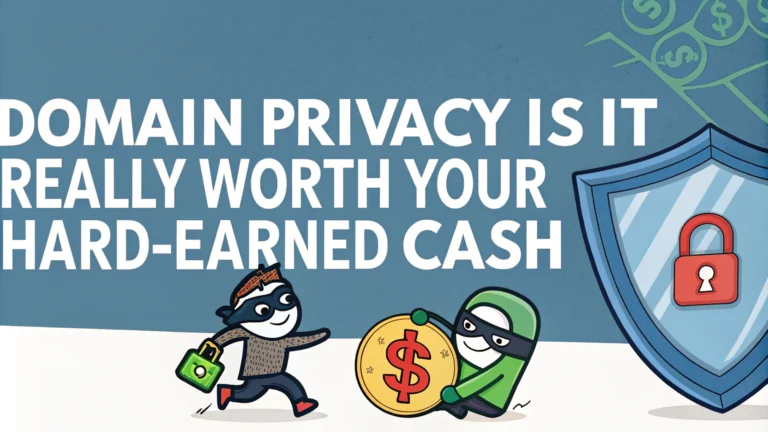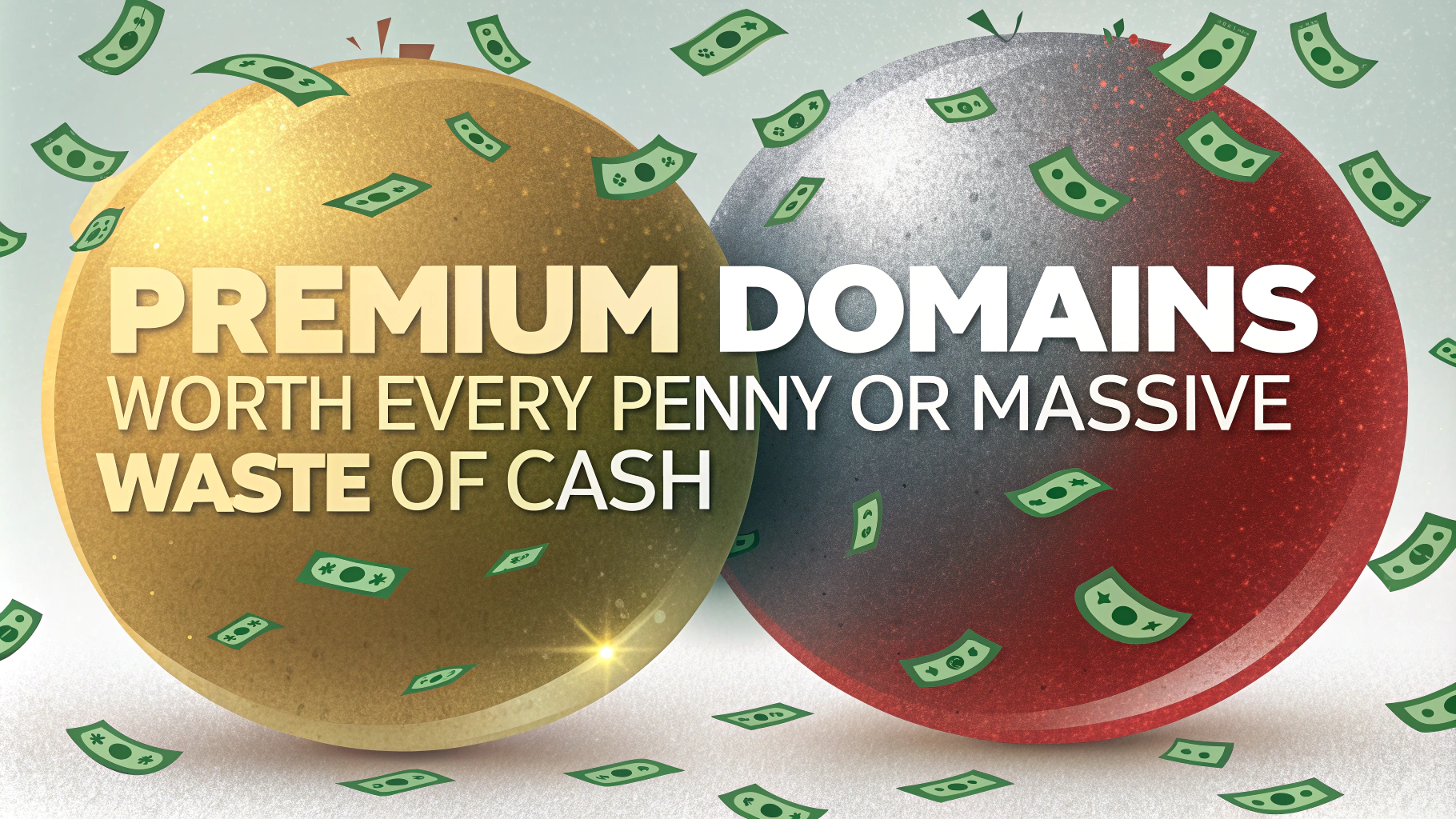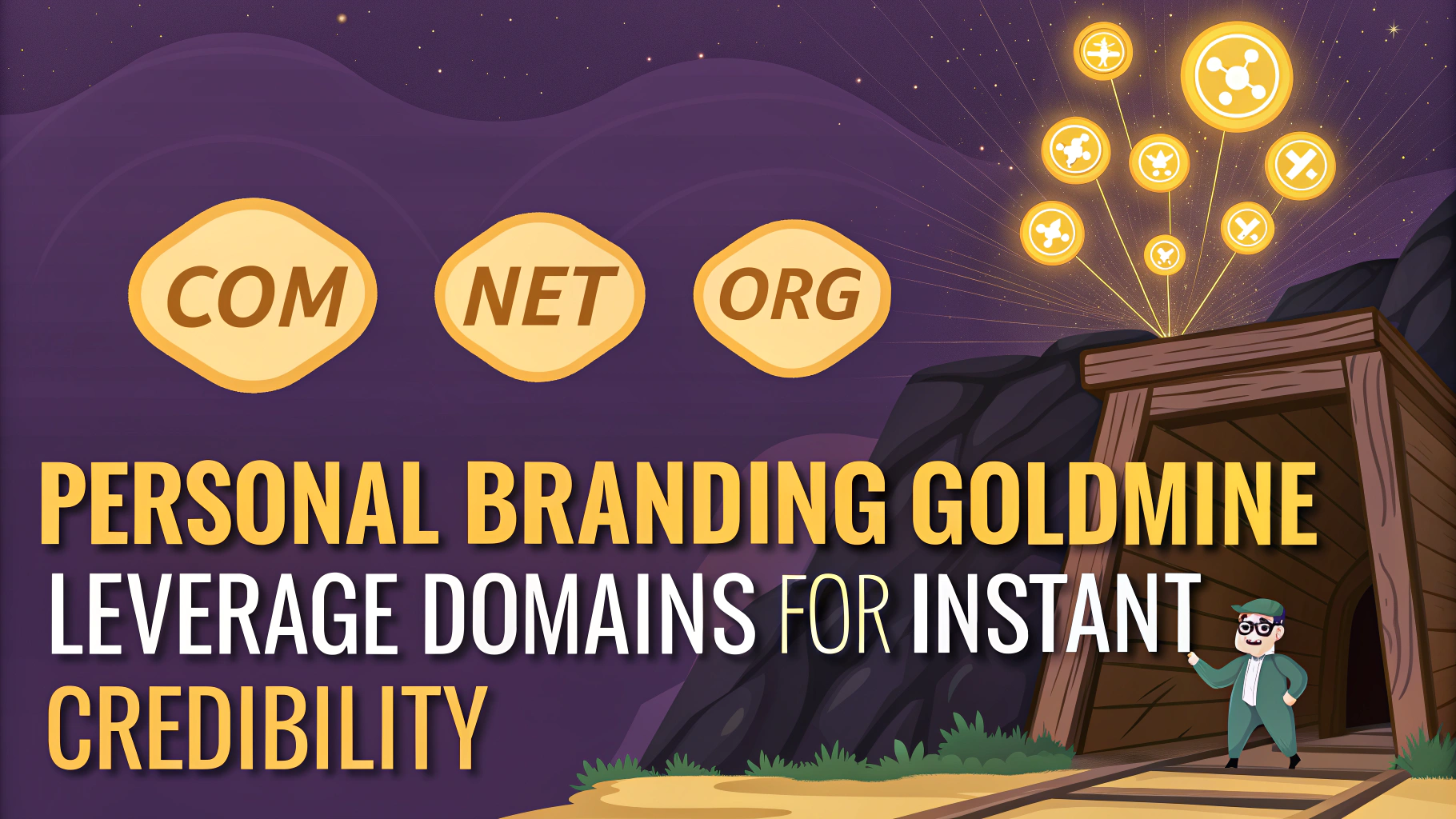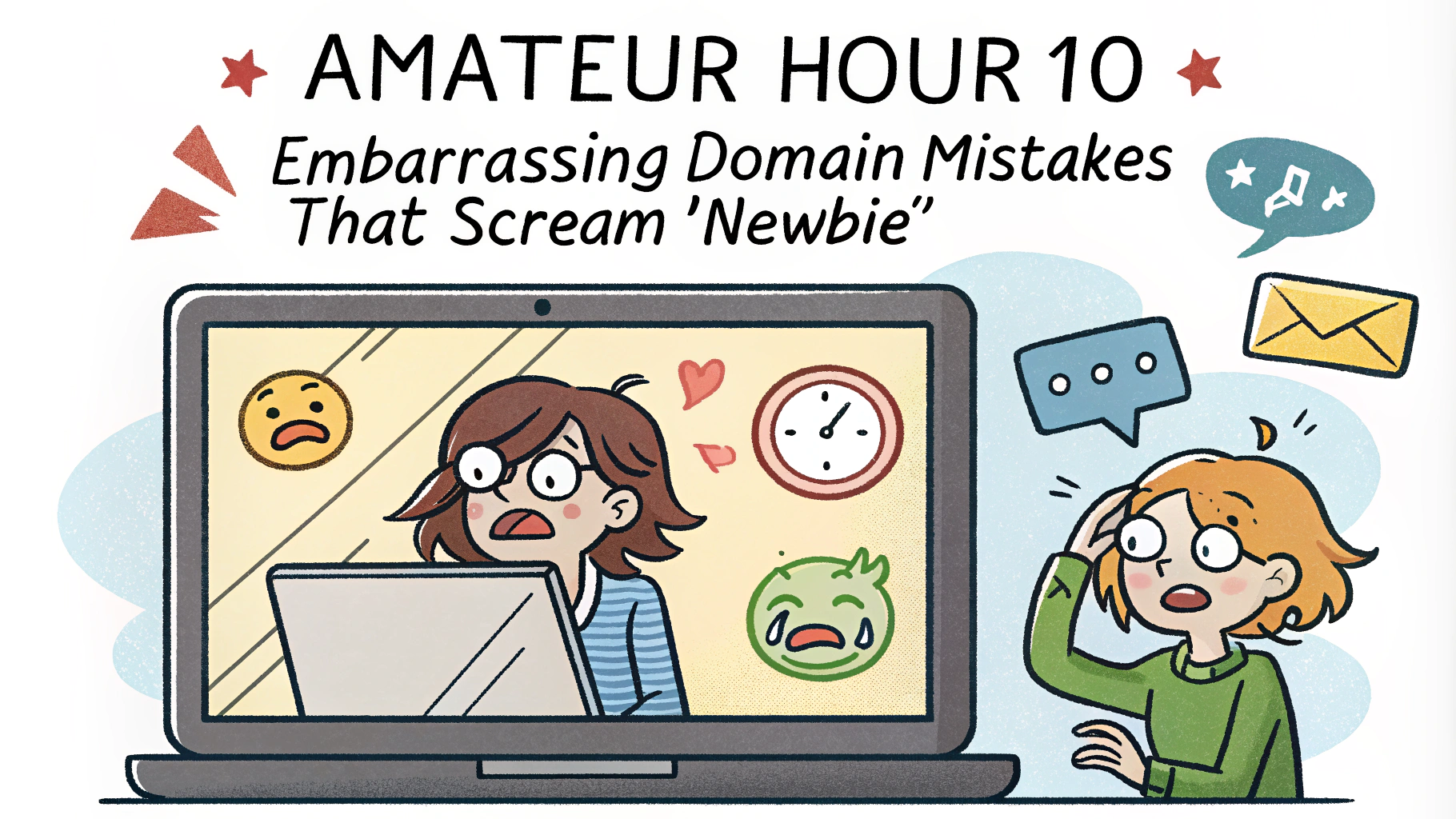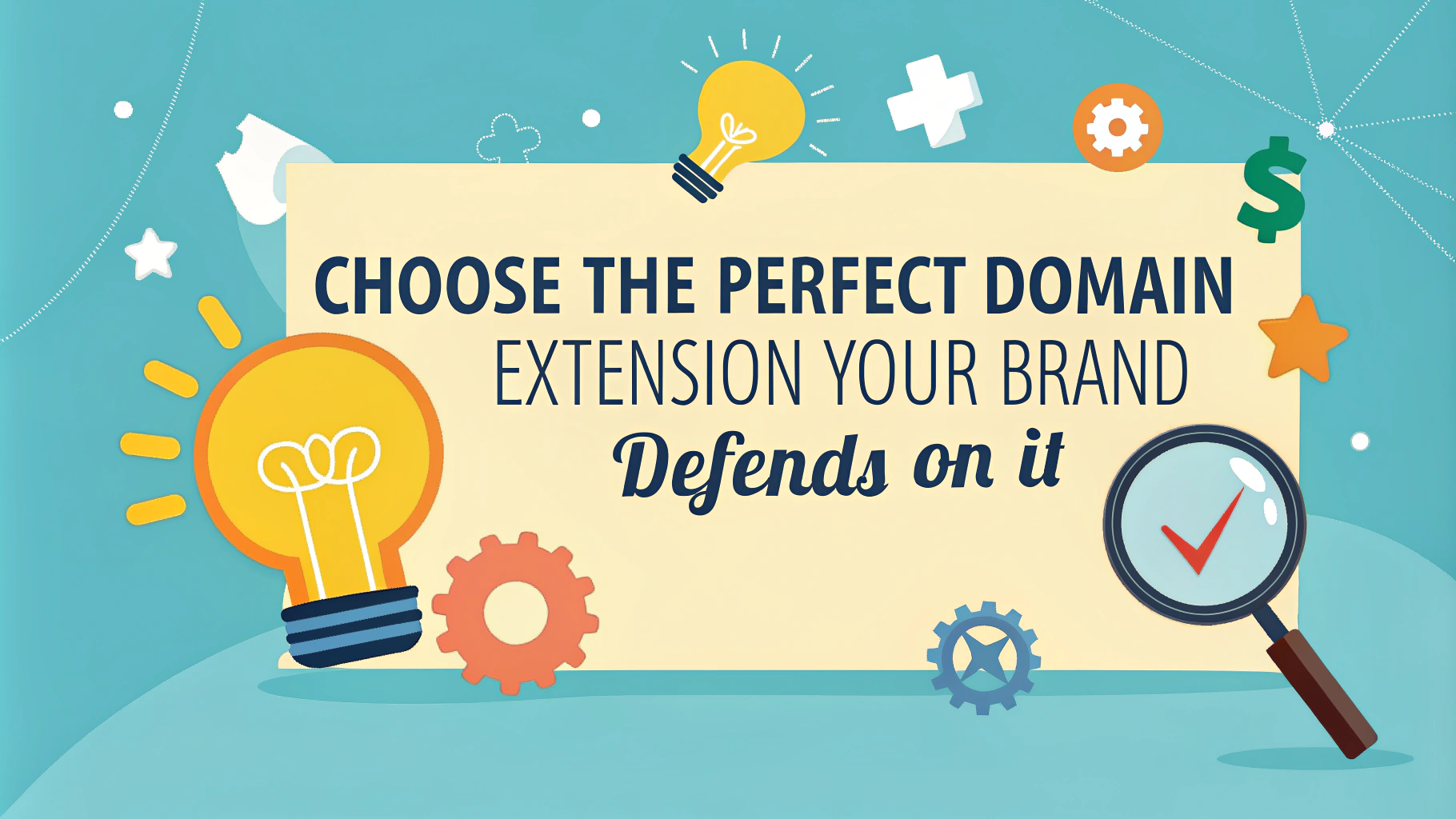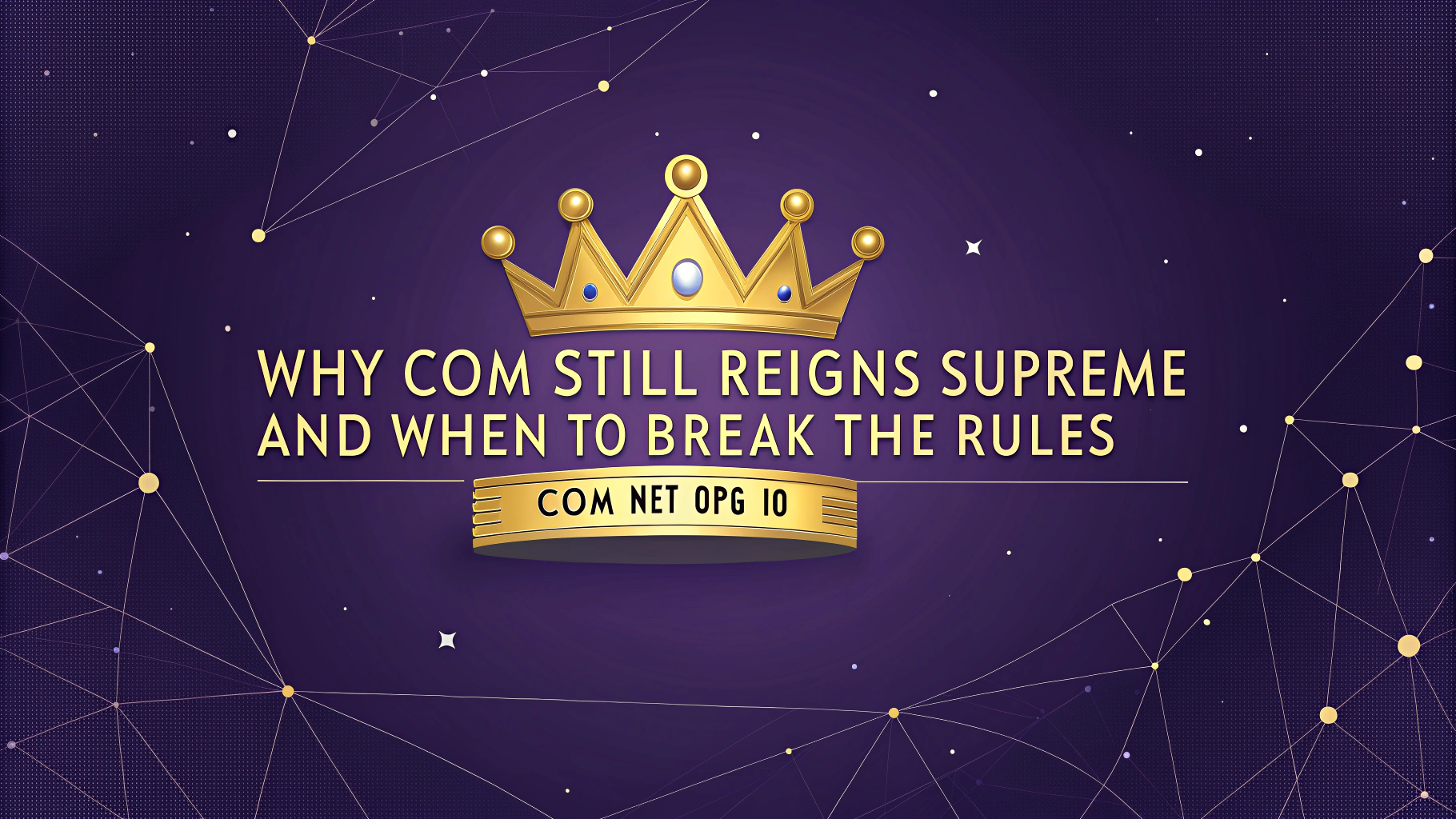When you register a domain name, your personal details become publicly available through WHOIS databases. Domain privacy services shield this information from prying eyes. But is it worth the extra cost?
This article explores the pros and cons of domain privacy and helps you decide if it’s a smart investment for your online presence.
Understanding WHOIS and Domain Registration
WHOIS is a public database containing information about domain registrants. When you register a domain like “mybusiness.com” or “personalwebsite.org”, you’re required to provide:
- Full name
- Physical address
- Email address
- Phone number
Without privacy protection, anyone can access this information by performing a WHOIS lookup on your domain.
The Risks of Public Domain Information
Spam and unsolicited communications are common issues for domain owners with public WHOIS data. Your email address and phone number become targets for marketers and scammers.
Identity theft is another concern. Cybercriminals can use your personal information for fraudulent activities or social engineering attacks.
Examples of potential misuse:
- Phishing attempts targeting “yourdomain.com” administrators
- Unsolicited offers to buy “yourbrand.net”
- Spam calls to the phone number listed for “yourshop.store”
How Domain Privacy Works
Domain privacy services replace your personal information in the WHOIS database with generic contact details provided by your registrar. For instance:
| Without Privacy | With Privacy |
|---|---|
| John Doe 123 Main St, Anytown, USA [email protected] 555-123-4567 |
WhoisGuard Protected P.O. Box 12345, Somewhereville [email protected] 555-555-5555 |
This masks your real information while still allowing legitimate communications to reach you through forwarding services.
Popular Domain Privacy Services
- WhoisGuard (Namecheap)
- Domain Privacy Protection (GoDaddy)
- ID Protect (Network Solutions)
- Privacy Protection (Bluehost)
Most registrars offer their own privacy services, often bundled with domain registration packages.
Alternatives to Domain Privacy
While domain privacy offers protection, some alternatives exist for those seeking different options:
- Use a business address: Register domains with your company address instead of personal details
- Virtual mailboxes: Services like “yourbusinessaddress.com” provide a real street address for registration
- Separate email: Create a dedicated email like “[email protected]” for registrations
These methods offer varying degrees of privacy without the cost of domain privacy services.
Legal Considerations and Compliance
Domain privacy isn’t just about personal preference—it can have legal implications:
- Some countries require accurate WHOIS data for legal domains (e.g., “.ca” for Canada)
- Certain TLDs like “.us” don’t allow private registrations
- GDPR has impacted WHOIS data display for EU-based registrants
Always check the specific requirements for your chosen domain extension.
ICANN’s Role in Domain Privacy
ICANN (Internet Corporation for Assigned Names and Numbers) oversees domain name systems globally. Their policies affect domain privacy practices:
- Registrars must maintain accurate WHOIS data
- Privacy services must forward important communications to domain owners
- Law enforcement can request true owner details in investigations
When to Consider Domain Privacy
Domain privacy isn’t necessary for everyone. Consider it if:
- You’re registering personal domains (e.g., “johnsmith.com”)
- Your business operates from a home address
- You’re concerned about spam or unwanted solicitations
- You’re launching a new project and want to maintain secrecy (e.g., “newproduct.io”)
For public businesses or organizations, transparency might be preferred over privacy.
Examples of When Privacy Matters
| Domain Type | Privacy Recommendation |
|---|---|
| Personal blog (myblog.com) | Use privacy to avoid spam |
| E-commerce store (myshop.store) | Consider privacy if home-based |
| Non-profit organization (ourcase.org) | May prefer transparency |
Conclusion: Balancing Privacy and Transparency
Domain privacy offers protection for personal information, but it’s not a one-size-fits-all solution. Consider your specific needs:
- Evaluate the nature of your online presence
- Weigh the risks of public information against the benefits of transparency
- Check legal requirements for your chosen domain extensions
- Compare costs of privacy services across different registrars
For many individuals and small businesses, the peace of mind from domain privacy is worth the investment. Large organizations might opt for transparency to build trust.
Remember, you can always add or remove privacy protection later. Start with your comfort level and adjust as your online presence evolves.

